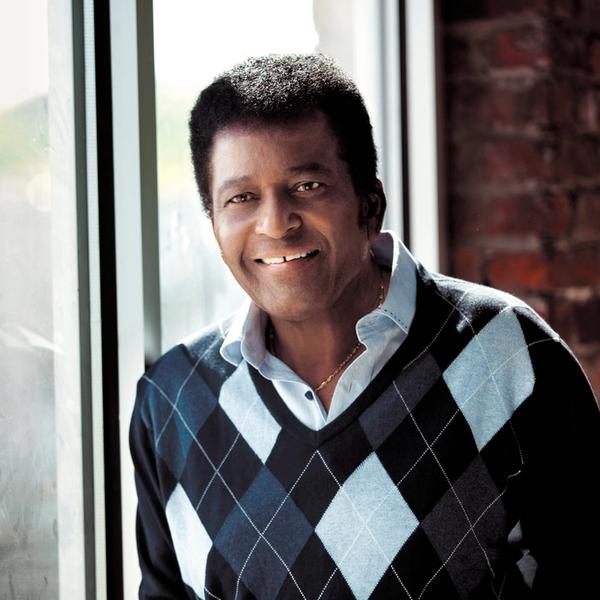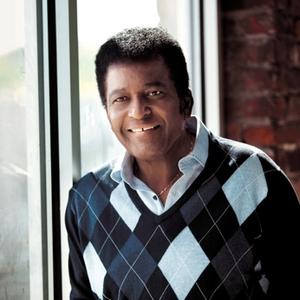ARTIST
Charley Pride
Charley Pride was the one of the first baseball players who dove into a career in country music as a black artist.

Charley Pride was the one of the first baseball players who dove into a career in country music as a black artist.




Link copied
Biography
Charley Pride taught himself to play guitar as a young boy, but his heart seemed set on baseball. Pride pitched for various teams in the Negro League, in the 1950s, before being traded to the minors.
Eventually, he ended up playing for a semipro team in Helena, Montana. That coach heard his singing ability and asked him to perform for a few minutes before each game in order to increase attendance.
Pride cut a few demos at Sun Studios in Memphis, which ended up in the hands of RCA Records' Chet Atkins, who signed Pride, though publicizing him as a black artist singing country music remained a point of contention.
Pride released a number of singles, but it was his third, "Just Between You and Me", that garnered him success. It reached the top ten on the Hot Country Songs chart in 1967 and was nominated for a Grammy. That same year, Pride became the second black artist to perform at the Grand Ole Opry - after DeFord Bailey.
Pride's music continued charting, but it was his 1971 single "Kiss an Angel Good Mornin'" that became his biggest hit. It stayed at the top spot on the country charts for five weeks and even made it crossed over to the top-40 pop singles chart.
In 1971, Pride was named Entertainer of the Year at the CMAs.
Throughout the 1980s and 1990s, Pride continued touring and releasing hit singles. In 1994, he released his biography Pride: The Charley Pride Story. In 1997, he had a tumor removed from his vocal cords, but he continued to sing and perform after the operation.
Pride was eventually inducted into the Country Music Hall of Fame in 2000. He was also honored with the Willie Nelson Lifetime Achievement Award at the 2020 CMAs. Later that year, Pride passed away due to complications from COVID-19 in December.
- Full name Charley Frank Pride
- Born March 18, 1934
- Died December 12, 2020
- Hometown Sledge, Mississippi
- Best selling album The Best Of Charley Pride
- Genre Country
-
Where to find
- Website charleypride.com/
OPINION•CMT Giants: The Enduring Legacy of Charley Pride
The celebrity created from Charley Pride’s talent was surely a start; a showcase of what Black artists can bring to the table. But without the inclusion of Black talent in all facets of the industry, that inclusion is hollow and performative.

